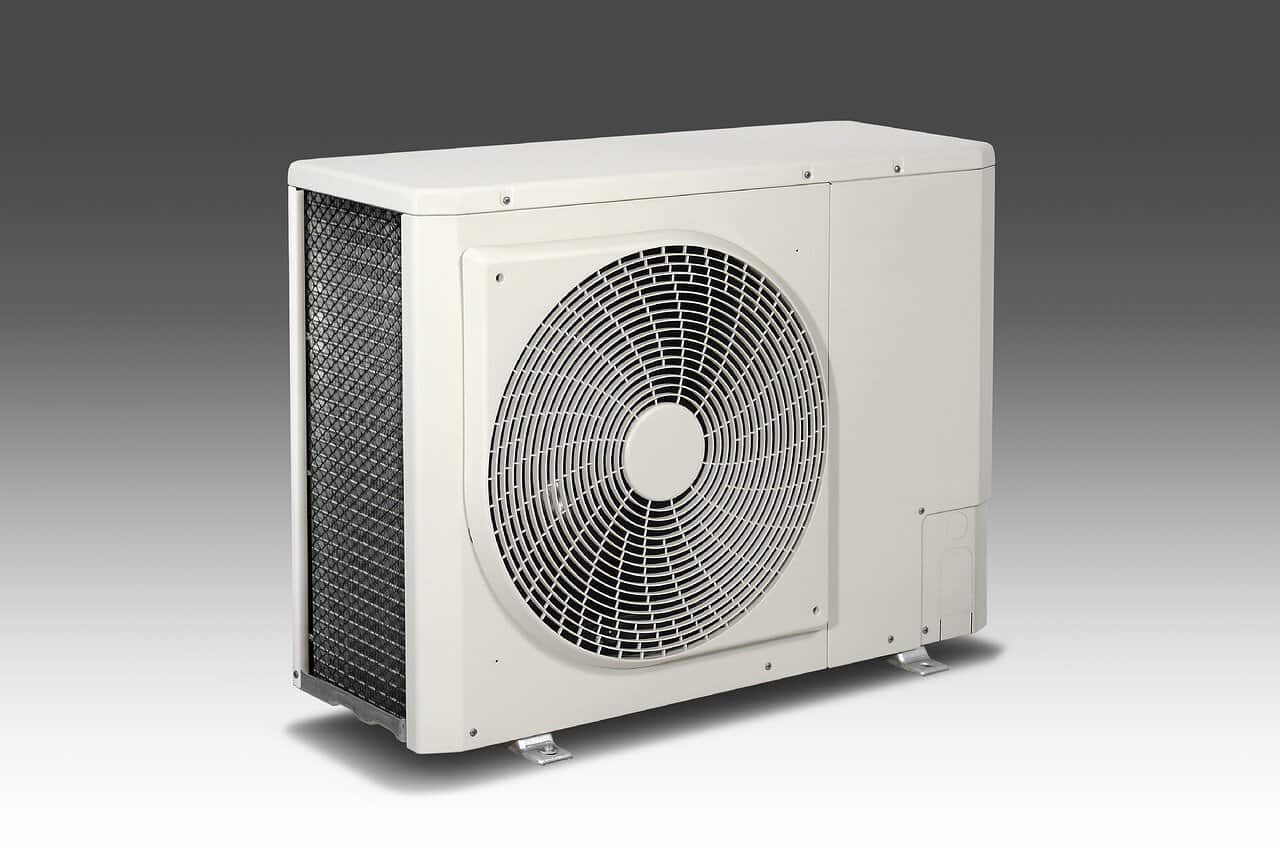When it comes to indoor climate control, many homeowners weigh the pros and cons of MVHR (Mechanical Ventilation with Heat Recovery) versus air conditioning. In the UK, our climate presents unique challenges: cold, damp air, high humidity, and often poor insulation in older homes. While air conditioning can cool air, MVHR provides a more comprehensive solution to maintain a healthy, balanced indoor environment without the high energy costs. In this guide, we’ll break down what MVHR offers compared to air conditioning, so you can make the best choice for your home.
Understanding MVHR: How It Works and Why It’s Different
MVHR Systems Explained
MVHR systems provide controlled ventilation, exchanging stale indoor air for fresh outdoor air while recovering up to 97% of the heat from outgoing air. This process helps maintain stable indoor temperatures, reduces humidity, and saves energy. MVHR is ideal for the UK climate, where moisture control and consistent fresh air are crucial. Unlike air conditioning, which primarily cools the air, MVHR supports air quality by filtering pollutants and maintaining consistent air circulation without adding a chill.
Benefits of MVHR in the UK Climate
Dampness and humidity are constant concerns in the UK, particularly during winter months. MVHR directly addresses these issues by managing indoor moisture levels, which helps prevent mould growth, reduces dust mites, and keeps your home healthier. Many UK homes suffer from excess humidity, leading to condensation on windows, walls, and even furniture. With MVHR, you can reduce these issues, creating a comfortable environment year-round.
How Air Conditioning Works and Its Limitations in the UK
Air Conditioning’s Role
Air conditioning systems are designed to cool air and remove some moisture, making them highly effective in hot, dry climates. But in the UK, where summers are often mild, AC use is limited. Unlike MVHR, air conditioning doesn’t provide a consistent supply of fresh air and doesn’t address the root cause of dampness or humidity. Over time, using AC alone can even worsen air quality by recirculating the same air.
Drawbacks of Air Conditioning
Many homeowners find that air conditioning increases their energy bills. Additionally, it doesn’t manage humidity as effectively as MVHR. Excessive moisture can still build up, especially in kitchens and bathrooms, creating a breeding ground for mould and bacteria. Given the UK’s climate, air conditioning may provide temporary comfort but lacks the year-round benefits of MVHR.
Key Differences Between MVHR and Air Conditioning
| Aspect | MVHR | Air Conditioning |
|---|---|---|
| Purpose | Fresh air and humidity control | Cooling air |
| Climate Suitability | Ideal for damp, mild climates (like the UK) | Best for hot, dry climates |
| Energy Efficiency | High efficiency, low running costs | High energy use, increased costs |
| Health Benefits | Reduces allergens, mould, and pollutants | Limited air purification |
| Comfort | Steady indoor air quality and temperature | Quick cooling but can feel artificial |
Is MVHR Right for Your Home?
In modern, airtight homes, MVHR is an investment in comfort, air quality, and energy efficiency. If your home suffers from damp or humidity, MVHR will help protect both your property and your family’s health. It’s especially valuable in kitchens, bathrooms, and bedrooms, where moisture and stale air are common problems.
Considering Air Conditioning?
If you’re primarily concerned with cooling during rare UK heat waves, you might think about a small, efficient AC unit. But for long-term benefits, MVHR remains a more sustainable, cost-effective solution, providing year-round comfort and fresher air.
Practical Advice: How to Choose the Right System
- Assess Your Needs: If you’re battling high humidity, persistent dampness, or condensation, MVHR is the best choice.
- Energy Efficiency: Consider the ongoing costs; MVHR systems typically have a lower energy footprint than air conditioning.
- Home Design: Newer, airtight homes benefit greatly from MVHR, while older homes with insulation issues may require additional solutions.
For tailored advice, reach out to ventilation experts who can assess your property’s needs and guide you in choosing the best option.
Ready to Improve Your Indoor Air Quality?
At Smart Ventilation, we specialise in MVHR solutions tailored to the UK’s unique climate challenges. With our expert guidance and Zehnder units, we ensure that your home remains fresh, healthy, and comfortable year-round.
Get in Touch Today: Contact Us to explore how MVHR can transform your home. We also invite you to explore our articles on ventilation systems and why MVHR is the leading choice for UK homes.


